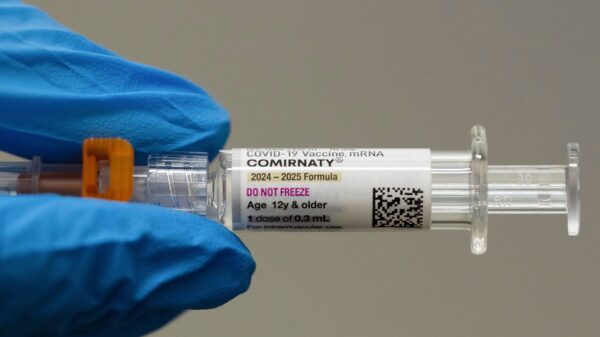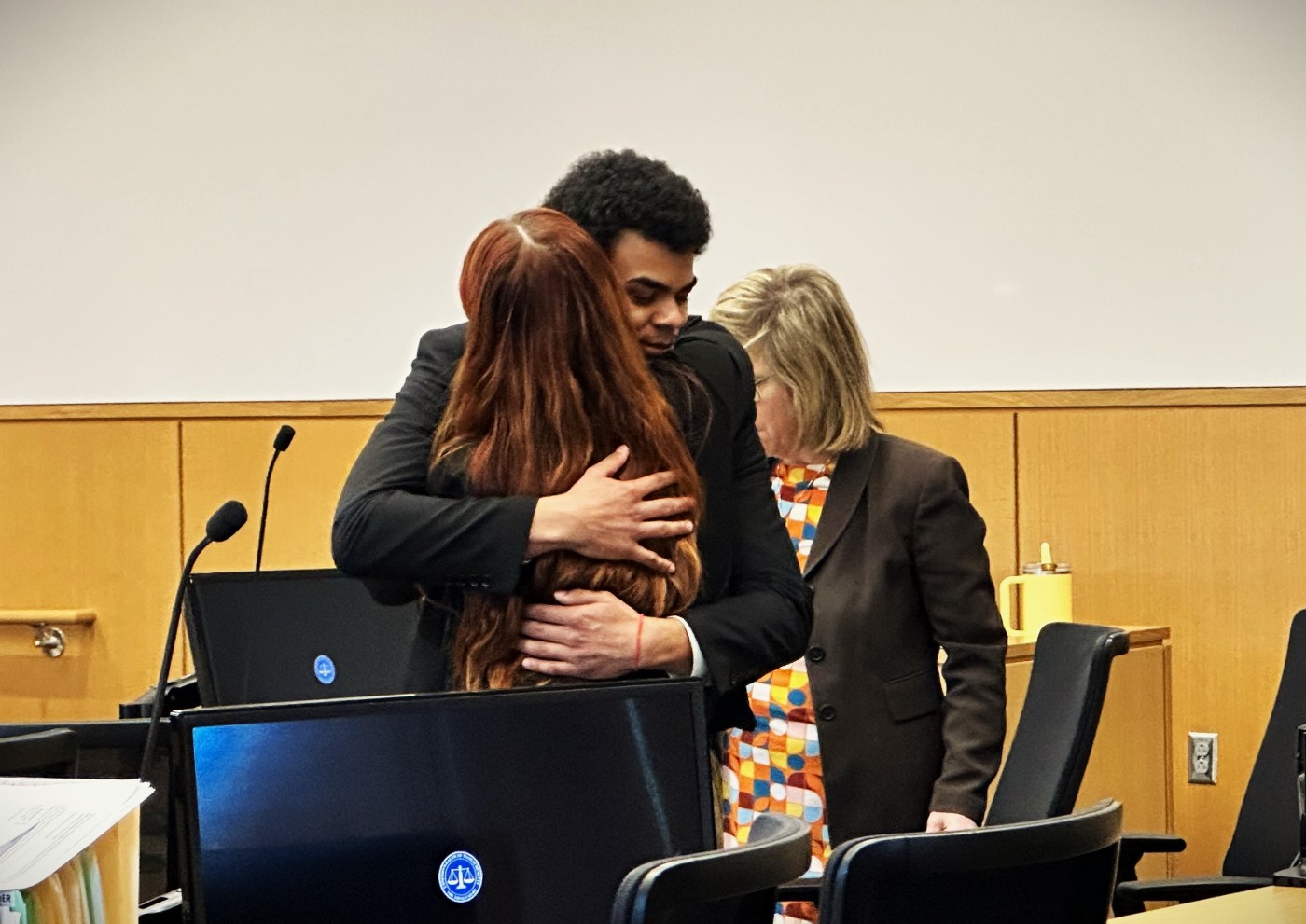A jury in Lowell has acquitted 27-year-old Donovan Almonte of motor vehicle homicide by negligent operation, following a crash that resulted in the death of 38-year-old motorcyclist David Dumais II in September 2022. The trial, which took place in Lowell District Court, concluded on Friday after a brief deliberation by a jury comprising four women and two men.
During her closing arguments, defense attorney Lisa Wagner characterized Almonte as an “ordinary driver on an ordinary day” until an unforeseen tragedy occurred. The jury reached its verdict in under an hour, highlighting the complexities of the case that unfolded over more than three years after the incident.
The crash occurred at approximately 14:45 on September 25, 2022, as Almonte attempted to turn his 2022 Toyota Corolla left from Groton Street onto Rogers Street. Dumais, riding a Honda CB1100 motorcycle, was unable to stop in time and collided with Almonte’s vehicle. Witnesses described the scene as chaotic, with Dumais being ejected from his motorcycle upon impact.
Wagner urged jurors to view the incident as a tragic accident rather than a criminal act. “Sometimes you can do all the right things, and bad things still happen,” she stated, emphasizing that Almonte had not acted recklessly. If found guilty, Almonte could have faced a sentence of up to two and a half years in prison.
As the verdict was read, Almonte expressed evident relief, being embraced by his legal team and family members present in the courtroom. In contrast, Dumais’ family, seated on the opposite side, left in silence. Katlyn Dumais, the victim’s widow, expressed her disappointment in a statement to the press, stating, “The verdict didn’t go as we had hoped. But driving is not a right but a privilege, and vehicles can be extremely dangerous.”
Witness testimony played a crucial role in the trial. A driver who stopped to allow Almonte to enter the intersection testified that she had made eye contact with him and waved him through. “He came out very slowly and consciously and carefully,” she remarked, contradicting the notion that Almonte was speeding or distracted.
The prosecution, represented by Middlesex Assistant District Attorneys Madison Bush and Edward Kim, contended that Almonte failed to yield the right of way, leading to Dumais’ death. During the proceedings, they presented evidence, including surveillance footage and expert analysis, to support their claims.
Testimony from a former police officer revealed that Dumais was unconscious at the scene and later pronounced dead at Lowell General Hospital due to blunt force injuries. The medical examiner confirmed that Dumais had no alcohol in his system at the time of the accident.
The defense countered the prosecution’s arguments by introducing an expert from The Crash Lab, who provided an alternative analysis of Dumais’ speed, estimating it to be significantly higher than the prosecution’s figures. This expert’s credibility was challenged during cross-examination, raising questions about his methodology and financial motivations.
The jury was instructed to consider whether Almonte had acted negligently and whether a reasonable person in his position would have foreseen that his actions could result in serious injury or death. Ultimately, the jurors found that the prosecution had not met the burden of proof necessary for a conviction.
Prior to the trial, Almonte had received a citation for failure to yield, but the court’s decision reflects the complexities inherent in traffic incidents involving human error. The case illustrates the profound impact of such tragedies on families and communities, highlighting the delicate balance between accountability and the recognition of unforeseen circumstances.
The emotional aftermath of the verdict underscores the ongoing grief for Dumais’ family, as they continue to mourn the loss of a loved one. Almonte, now cleared of criminal charges, faces the challenge of moving forward after a tragic event that has forever changed the lives of both families involved.





































































